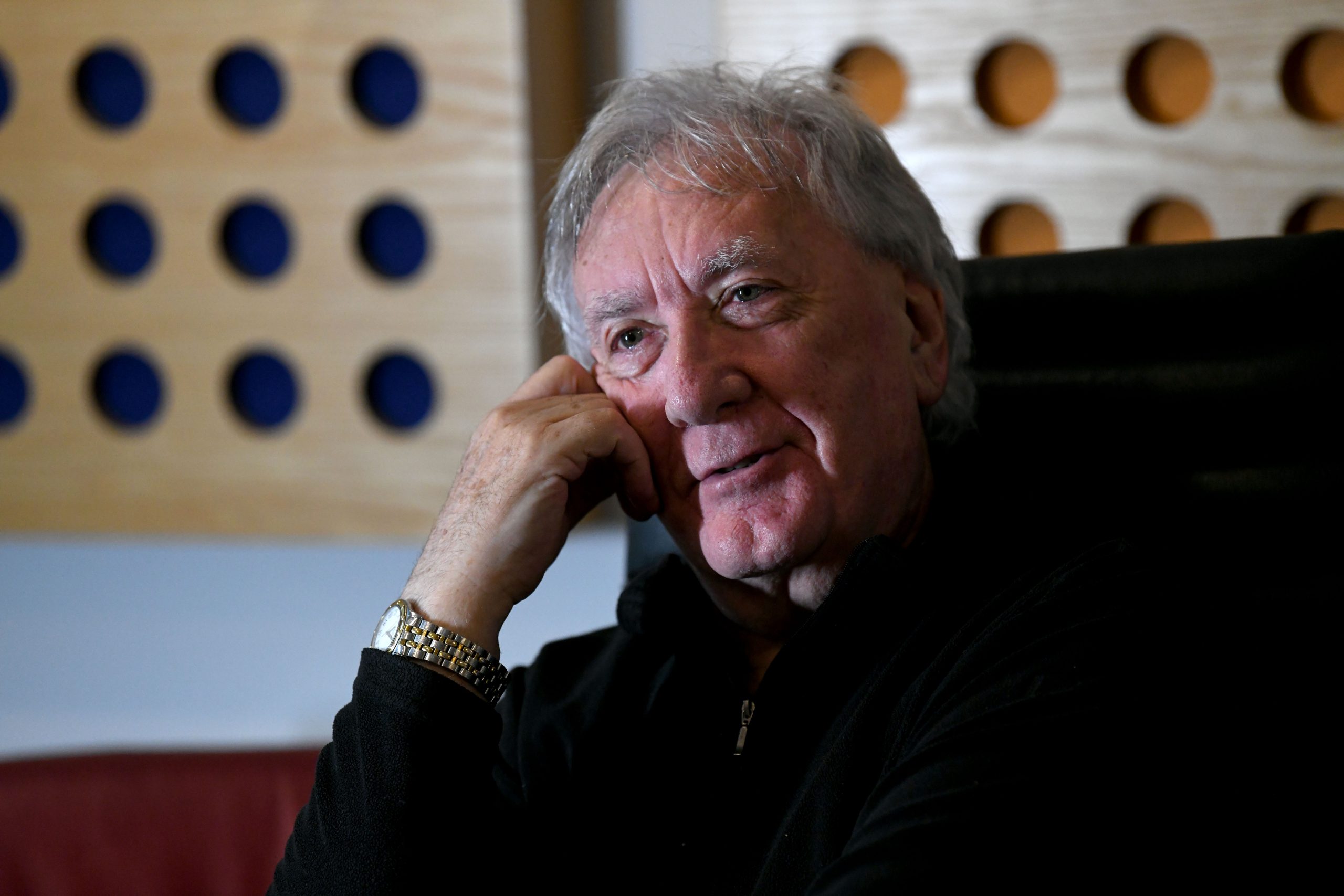From the time he started Ticketshop in the 1980s until he left as a director of Ticketmaster’s Irish subsidiary in 2010, Tommy Higgins occupied a front-row seat to observe the transformation of the live events ticketing business from the informal drops of ticket bundles at record shops to a heavily centralised online operation. The concentration of this business into the hands of Ticketmaster came under scrutiny from successive competition watchdogs. As Higgins puts it himself, “there’s seven years out of the last 17 years there’s been investigations going on”. He was a central witness in the first probe by the…
Cancel at any time. Are you already a member? Log in here.
Want to read the full story?
Unlock this article – and everything else on The Currency – with an annual membership and receive a free Samsonite Upscape suitcase, retailing at €235, delivered to your door.

